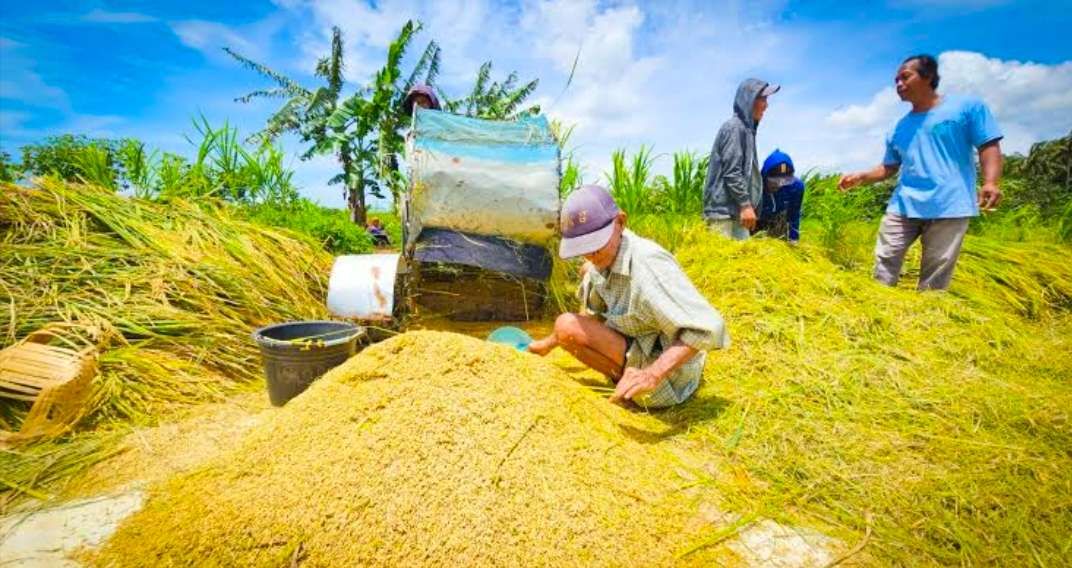In the remote Talaud Islands of North Sulawesi, Indonesia, agriculture remains the backbone of the local economy. However, traditional farming practices often face challenges such as limited access to modern technology, fluctuating market prices, and environmental vulnerabilities. Recognizing these issues, Bank Indonesia (BI) has initiated programs aimed at modernizing agriculture to enhance food security and improve the livelihoods of farmers in the region.
Bank Indonesia's Role in Supporting Modern Agriculture
Financial Assistance and Credit Access
One of the primary ways BI supports modern agriculture in Talaud is by facilitating access to financial resources. Through partnerships with local banks and microfinance institutions, BI has introduced credit schemes tailored for farmers. These schemes offer low-interest loans for purchasing modern farming equipment, seeds, and fertilizers, enabling farmers to adopt more efficient and sustainable practices.
Capacity Building and Training Programs
Understanding that financial resources alone are insufficient, BI also invests in human capital development. The bank organizes training sessions and workshops focusing on modern agricultural techniques, financial literacy, and market access. These programs empower farmers with the knowledge and skills needed to increase productivity and profitability.
Infrastructure Development
Infrastructure plays a crucial role in the success of modern agriculture. BI collaborates with local governments and other stakeholders to improve rural infrastructure, including irrigation systems, rural roads, and storage facilities. These improvements reduce post-harvest losses, enhance market access, and ensure a more stable food supply.
Impact on Food Security in Talaud
Increased Agricultural Productivity
The adoption of modern farming techniques, such as the use of high-yield seeds and efficient irrigation systems, has led to increased agricultural productivity in Talaud. Farmers are now able to produce more crops per hectare, contributing to a more abundant food supply.
Diversification of Crops
Modern agriculture encourages the diversification of crops, reducing dependency on a single commodity. This diversification enhances food security by ensuring a steady supply of various food items and reducing the risk associated with market fluctuations.
Improved Income Levels
With increased productivity and access to better markets, farmers' incomes have risen. Higher income levels enable farmers to invest in their businesses and improve their quality of life, creating a positive cycle of development.
Challenges and Future Directions
Climate Change and Environmental Sustainability
Despite the progress, farmers in Talaud continue to face challenges related to climate change, such as unpredictable weather patterns and natural disasters. To address these issues, BI is promoting sustainable agricultural practices that minimize environmental impact and enhance resilience to climate-related shocks.
Market Access and Value Chain Development
Access to markets remains a significant challenge for farmers in remote areas. BI is working on developing value chains that connect farmers directly to consumers, reducing the number of intermediaries and ensuring fair prices for both producers and consumers.
Policy Support and Institutional Strengthening
Effective policies and strong institutions are essential for the success of modern agriculture. BI advocates for policies that support agricultural innovation, provide incentives for sustainable practices, and strengthen agricultural institutions at the local level.
Conclusion
Bank Indonesia's initiatives in Talaud represent a comprehensive approach to modernizing agriculture and enhancing food security. By providing financial support, capacity building, infrastructure development, and policy advocacy, BI is helping farmers transition to more sustainable and profitable agricultural practices. While challenges remain, the progress made thus far offers a promising model for other regions in Indonesia and beyond.
Read More






 Friday, 27-02-26
Friday, 27-02-26







